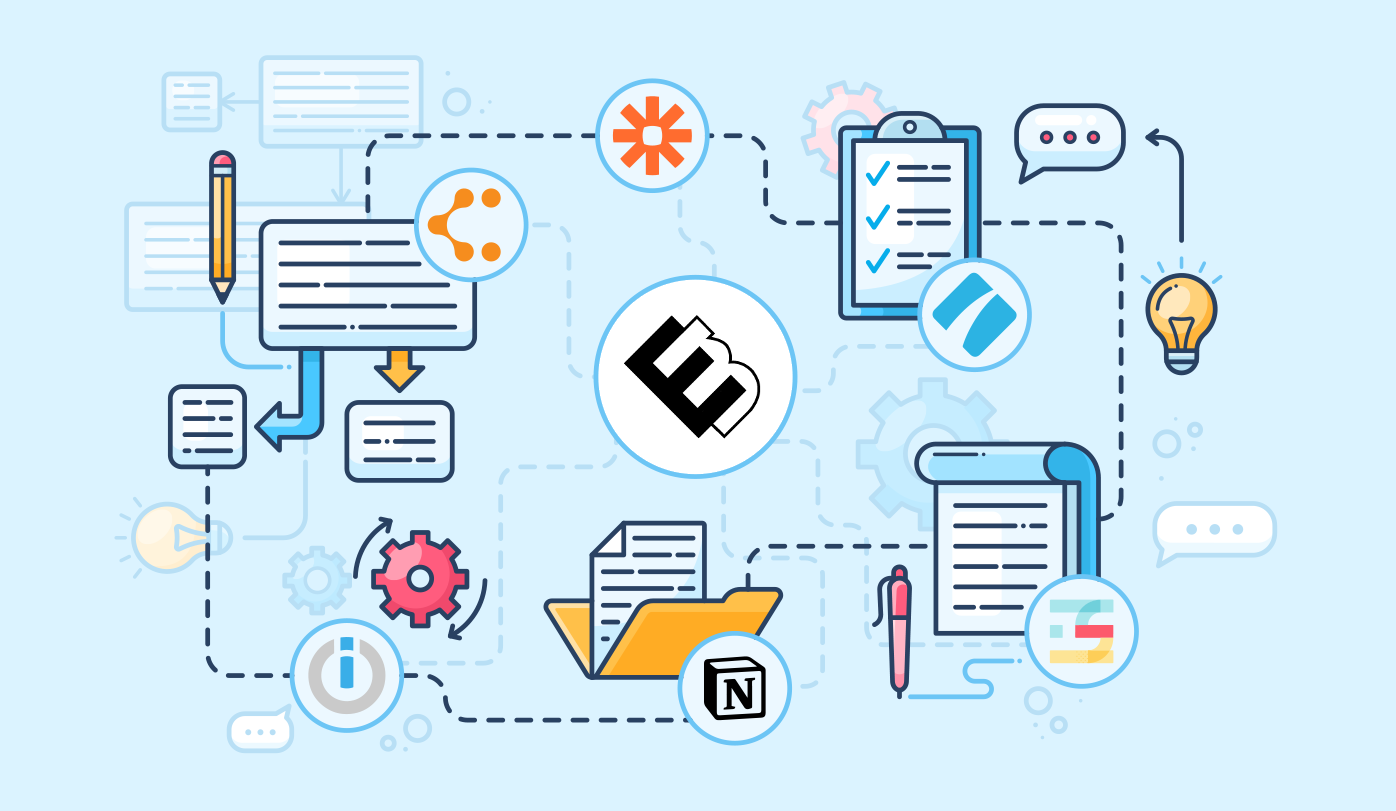The Basics of Ecommerce: How to Start Your Own Online StoreIn today’s digital age, the world of commerce has expanded beyond brick-and-mortar stores to the vast realm of the internet. Ecommerce, short for electronic commerce, has revolutionized the way businesses operate and customers shop. If you’re looking to embark on an ecommerce journey, this guide will walk you through the basics and help you kickstart your own online store.I. Understanding EcommerceA. What Is Ecommerce?Ecommerce refers to the buying and selling of goods and services over the internet. It encompasses a wide range of online activities, from retail websites and marketplaces to online auctions and digital product downloads.B. Why Choose Ecommerce?
Global Reach: Ecommerce breaks down geographical barriers, allowing you to reach customers worldwide.Convenience: Shoppers can browse and purchase products 24/7, providing them with unparalleled convenience.Cost-Efficiency: Running an online store often incurs lower operational costs compared to a physical store.Analytics: Ecommerce platforms offer powerful analytics tools, helping you understand customer behavior and preferences.
Identify Your Passion: Start with what you’re passionate about or knowledgeable in; this will make managing your store more enjoyable.Market Research: Investigate your chosen niche’s demand, competition, and target audience.
Select a Domain Name: Choose a domain name that reflects your brand and is easy to remember.Domain Registrar: Register your domain through a reputable registrar like Namecheap, GoDaddy, or Domain.com.
Popular Platforms: Consider platforms like Shopify, WooCommerce, BigCommerce, and Magento.Features: Evaluate the features, scalability, and customization options offered by each platform.
Design: Create an appealing and user-friendly website design.Product Listings: Add high-quality images and detailed descriptions for your products.Payment Gateway: Integrate secure payment gateways like PayPal, Stripe, or Square.Shopping Cart: Implement a reliable shopping cart system for seamless transactions.
Stock Control: Maintain optimal stock levels to meet customer demand.Inventory Software: Utilize inventory management software to track products and streamline operations.
Shipping Solutions: Partner with reliable shipping carriers and offer various shipping options.Returns and Refunds: Establish clear return and refund policies for customer satisfaction.
Prompt Communication: Respond to customer inquiries and concerns promptly.Feedback: Encourage and collect customer feedback for continuous improvement.
Keyword Research: Identify relevant keywords to optimize your product listings and content.Content Creation: Publish valuable blog posts and product descriptions that align with your keywords.
Engagement: Maintain an active presence on social media platforms.Advertising: Consider paid advertising on platforms like Facebook and Instagram.
Newsletter: Build an email subscriber list and send newsletters with product updates and promotions.Automation: Use email marketing automation tools to personalize messages and increase conversions.
Track Performance: Use analytics tools like Google Analytics to monitor website traffic, sales, and user behavior.Adjust Strategies: Make data-driven decisions to optimize your store’s performance.
Expand Product Line: Gradually add new products to attract a wider customer base.Customer Loyalty: Implement loyalty programs and engage with your existing customers.
VII. Frequently Asked Questions (FAQs)
1. What is the difference between ecommerce and traditional commerce?
- Ecommerce involves buying and selling goods or services over the internet, while traditional commerce refers to in-person transactions, often at physical stores or through direct sales.
2. How do I choose the right ecommerce platform?
- Choosing the right ecommerce platform depends on your specific needs. Consider factors like scalability, features, customization options, and pricing. Popular options include Shopify, WooCommerce, BigCommerce, and Magento.
3. Do I need technical skills to start an online store?
- While technical skills can be beneficial, many ecommerce platforms offer user-friendly interfaces and templates that require little to no coding knowledge. However, some technical understanding can help you manage your store more efficiently.
4. What is SEO, and why is it essential for my online store?
- SEO (Search Engine Optimization) is the process of optimizing your website to rank higher in search engine results. It’s crucial for driving organic (unpaid) traffic to your online store and increasing visibility to potential customers.
5. How can I handle payment processing securely?
- Secure payment processing is vital. Choose a reputable payment gateway like PayPal, Stripe, or Square, which offer robust security features. Additionally, ensure your website has an SSL certificate to encrypt sensitive data.
6. What is email marketing, and why should I use it for my online store?
- Email marketing involves sending targeted emails to your subscribers. It’s a powerful tool for customer engagement, product promotions, and building long-term relationships with your audience.
7. How can I scale my ecommerce business?
- Scaling an ecommerce business involves gradually expanding your product offerings, exploring new markets, optimizing your operations, and fostering customer loyalty. Continuously monitor your performance and adapt your strategies as needed.
VIII. Resources
Ecommerce Platforms:
SEO Tools:
Payment Gateways:
Email Marketing Platforms:
Ecommerce Blogs and Resources:
With these resources and a solid understanding of ecommerce basics, you’re well on your way to building a successful online store and thriving in the world of digital commerce.
